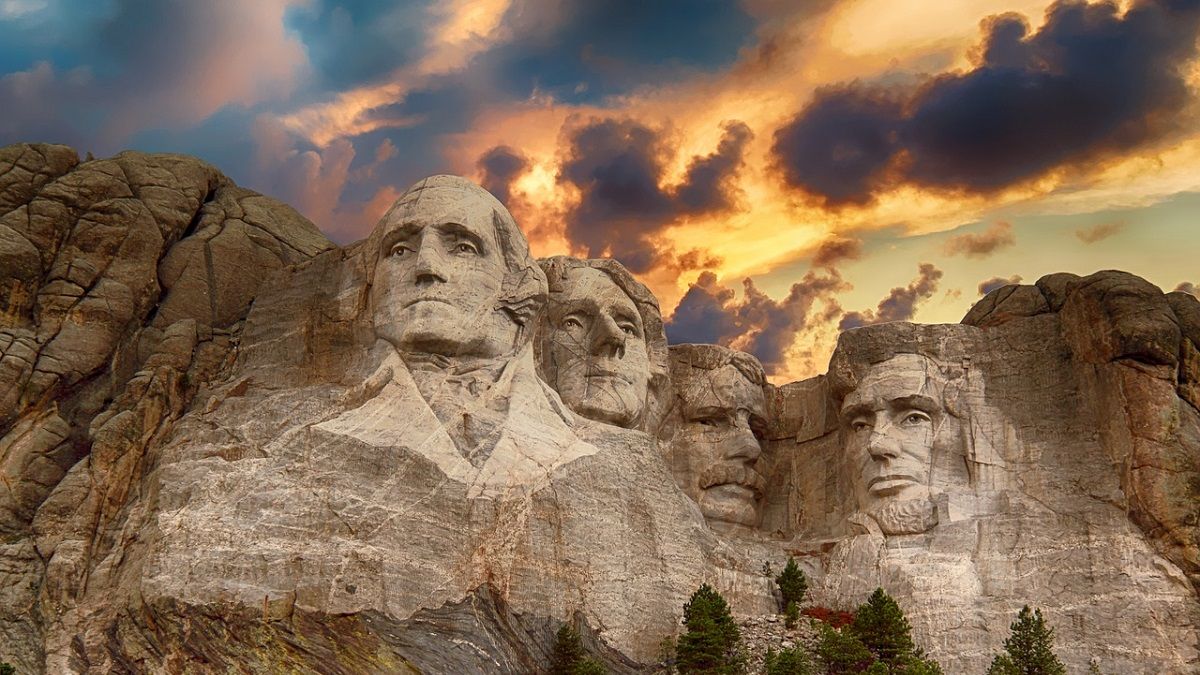Earlier this week, an international consortium of 600 journalists, working together across multiple outlets, released what has become known as the ‘Pandora Papers’.
The Pandora Papers are thought to be the largest leak of such records. As the International Consortium of Investigative Journalists wrote: “The Pandora Papers’s 11.9 million records arrived from 14 different offshore services firms in a jumble of files and formats – even ink-on-paper – presenting a massive data-management challenge.”
The ICIJ went on: “The investigation is based on a leak of confidential records of 14 offshore service providers that give professional services to wealthy individuals and corporations seeking to incorporate shell companies, trusts, foundations and other entities in low- or no-tax jurisdictions. The entities enable owners to conceal their identities from the public and sometimes from regulators. Often, the providers help them open bank accounts in countries with light financial regulation.”
Lifestyles of the rich and famous
The scale of all this is both incredible and entirely predictable. The BBC offered a greatest hits of who had done what and how. The King of Jordan reportedly spent £70m on property within the US and UK through ‘a network of secretly-owned firms’. All legal, said his lawyers.
I am sure the Qatari royal family would say the same thing about buying two homes in London that they knocked together to make into one ‘super-mansion’, while avoiding £18.5m in stamp duty. The president of Azeribaijan and his wife also traded nearly £400m of UK property in recent years, according to The Guardian.
And in the UK, where affordable housing was a dream of previous generation, it was found that 1,500 properties had been bought by offshore firms. The value of that? More than £4bn.
Even Tony Blair is in on it, avoiding £400,000 in taxes by buying a London townhouse through an offshore company. When the former leader of the Labour Party is doing this type of thing, it is endemic.
And then there was Philip Green, who after offloading BHS, bought a flat in Mayfair in London for £4.95m through an offshore firm. That must have been kind of small so they spent £15m (through another offshore firm) to buy another apartment in Mayfair. To top it off, they then paid £10.6m for a place in Belgravia, also through an offshore firm. This is after making at least £580m through BHS in the 15 years before its collapse. The same BHS that had a £571m hole in its pension scheme.
All you need is… sound financial planning
It was not just the anonymous rich that have been seeking to hide their wealth and avoid tax. It was also the famous rich. According to Rolling Stone, Elton John, Shakira, and everyone’s least-favourite Beatle, Ringo Starr, have also been funnelling their wealth through these offshore financial sanctuaries. All this from a man who once said that the only thing you ever needed was love.
I often think of the film Chinatown in these situations (although it was directed by Roman Polanski, for whom I have no time for). Towards the end, the lead character of Jake Gittes (played by Jack Nicholson) approaches the villain Noah Cross (played by John Huston), an obscenely wealthy property developer whose evil machinations around water and land have driven the film’s plot.
Gittes looks at Cross and wants to know why he is doing it. “How much better can you eat,” he asks. “What could you buy that you can’t already afford?”
“The future, Mr Gittes!” Cross replies. “The future!”
Needless to say, Cross wins in the end.
US tax havens
I am a capitalist through and through, but much of this stinks. A few years ago, I was on a reporting trip to Monte Carlo and, having a free hour or so in the morning, went wandering down to the harbour to check out the course of the Monaco Grand Prix. The route goes past the Casino de Monte Carlo and down into the harbour. Moored there were, I guess, about two dozen yachts. And they were magnificent, beautifully crafted, huge, obviously treated with paid-for love and attention. And all I could think in that moment was of how obscene it was that anyone could have that type of money.
At this point, I think we have two possible solutions: a hard one and an easy one. The hard one would be for everyone to start investing in guillotine futures since it seems that we are heading there anyway. That may eventually rebalance some of this.
The other is this. One thing that came out of the Pandora Papers is that many of these offshore firms were based in South Dakota. As CBS put it, “South Dakota and a handful of other US states are providing growing competition for places like the Bahamas, the Cayman Islands, and Malta, as landing pads for global capital hidden from creditors, tax collectors and law enforcement.”
CBS went on: “The sparsely populated state best known as the home of Mount Rushmore now houses $360bn in trusts, the ICIJ reported — an amount that has quadrupled over the past decade. One local company, the South Dakota Trust Company, has international clients from 54 nations. Another, Trident Trust, speaks of the ‘South Dakota Advantage’.”
So what should happen is that, through public shaming, every person or company chief executive that has invested their money into an offshore firm located in South Dakota should move there. Along with Mount Rushmore, there are lots and lots of bison. If their money is going there, they should follow, blown there on the wind of public shame.







